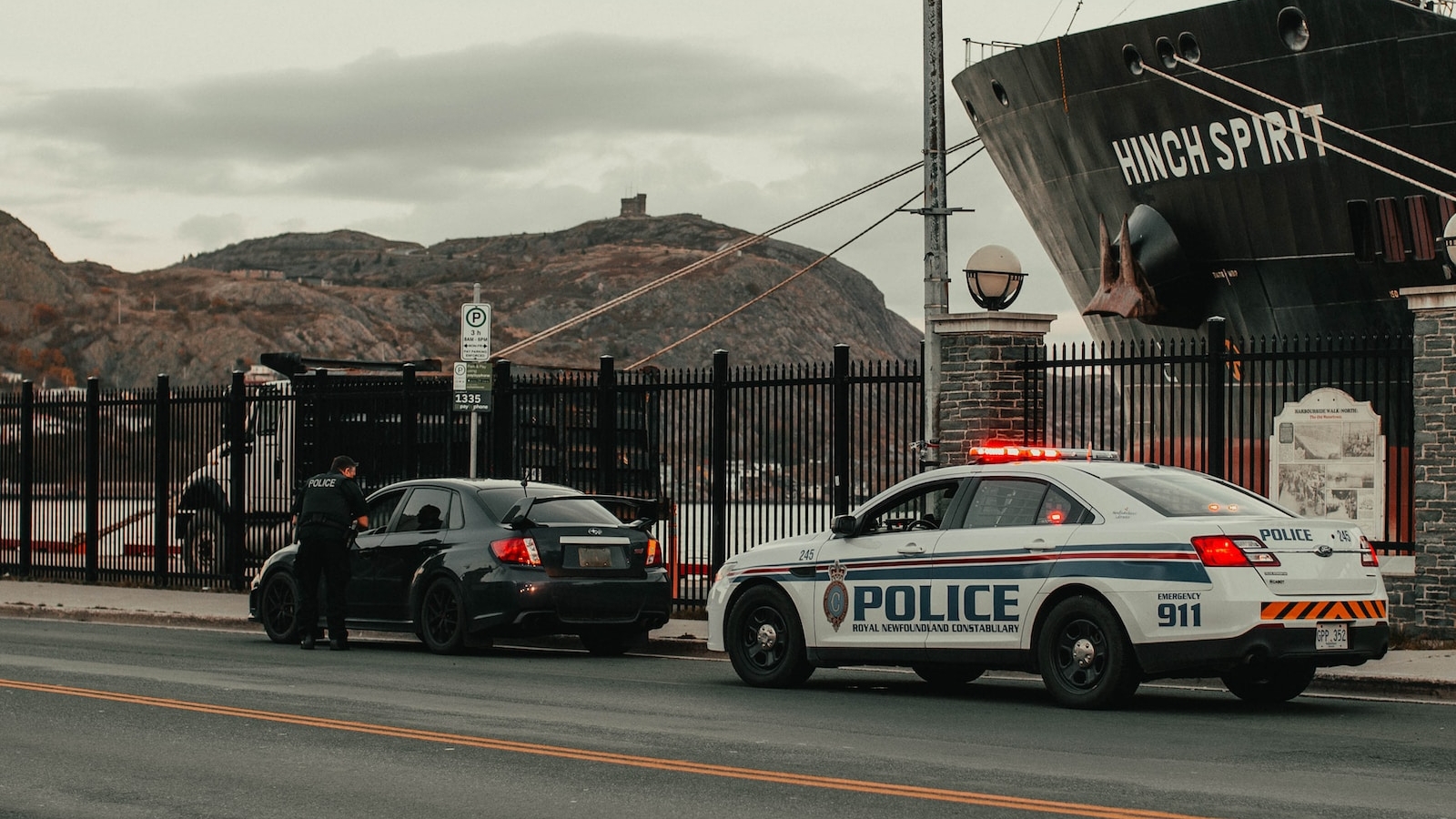Lifelong driving ban (art. 42)

If the police judge finds that you are physically or mentally unfit to drive a vehicle, the police judge will disqualify you from driving.
Such a driving ban is indefinite and lasts as long as the physical or mental incapacity lasts. The driving ban therefore lasts until the police judge decides that you are no longer unfit to drive a vehicle.
You must wait at least six months before you can petition to be restored to the right to drive.
The police court will base its assessment of driving fitness on the documents you submit.
If in doubt, the police court will appoint a court expert who will advise the police court on whether you are physically and mentally fit to drive a vehicle.
When does this driving ban take effect?
It is a ‘security measure’ and therefore not (legally) a punishment. This means that the driving ban is not enforced in the same way as any other driving ban.
In the case of an ‘ordinary’ driving ban, the offender must surrender his or her driving licence at the registry five working days after the district police officer serves the driving ban.
A driving ban for unfitness takes effect immediately after the ruling.
This also means that the driving ban must be respected, even if you appeal and as long as the appellate court has not ruled.
For what unfitness is a lifetime driving ban imposed?
This can be imposed (even without it being in the summons) on any defendant who has a medical problem, for example because of impaired vision.
It is often about drivers who are dependent on substance abuse (drugs or alcohol). It is then important to be able to prove that you are not dependent on alcohol or drugs by presenting tests and certificates.
Older drivers involved in accidents are also sometimes asked to provide proof that they are still you physically and mentally fit to drive a car.
What does the law say about fitness to drive?
Art. 42 of the Road Traffic Police Act (RD 16.03.1968) states:
“Forfeiture of the right to drive must be pronounced when, following a conviction or suspension of sentence or internment for a police offence on road traffic or for a traffic accident due to the personal fault of the offender, the guilty party is found physically or mentally unfit to drive a motor vehicle. The ruling of this lapse is possible in any degree of conviction, regardless of who filed the appeal. The duration of the lapse of the right to drive depends on proof that the person concerned is no longer unfit to drive a motor vehicle.”





